In an era where technology outsmarts us daily, AI in content marketing is the Silicon Valley match we didn’t know we needed. As an expert in the field, I’ve witnessed firsthand how transformative it can be.
An overwhelming 58% of marketers whose companies use generative AI for content marketing said increased performance is the top benefit.
Are you Interested? You should be. You’ve spent endless hours crafting campaigns, analyzing metrics, and A/B testing to blankness.
What if AI could take off some of that load, making your strategies more effective and efficient?
So, let’s cut to the chase. If you’re interested in transforming your content marketing through the power of AI, you’re in the right place.
Stick around. This is one digital love story you want to take advantage of.
What is AI in Content Marketing?
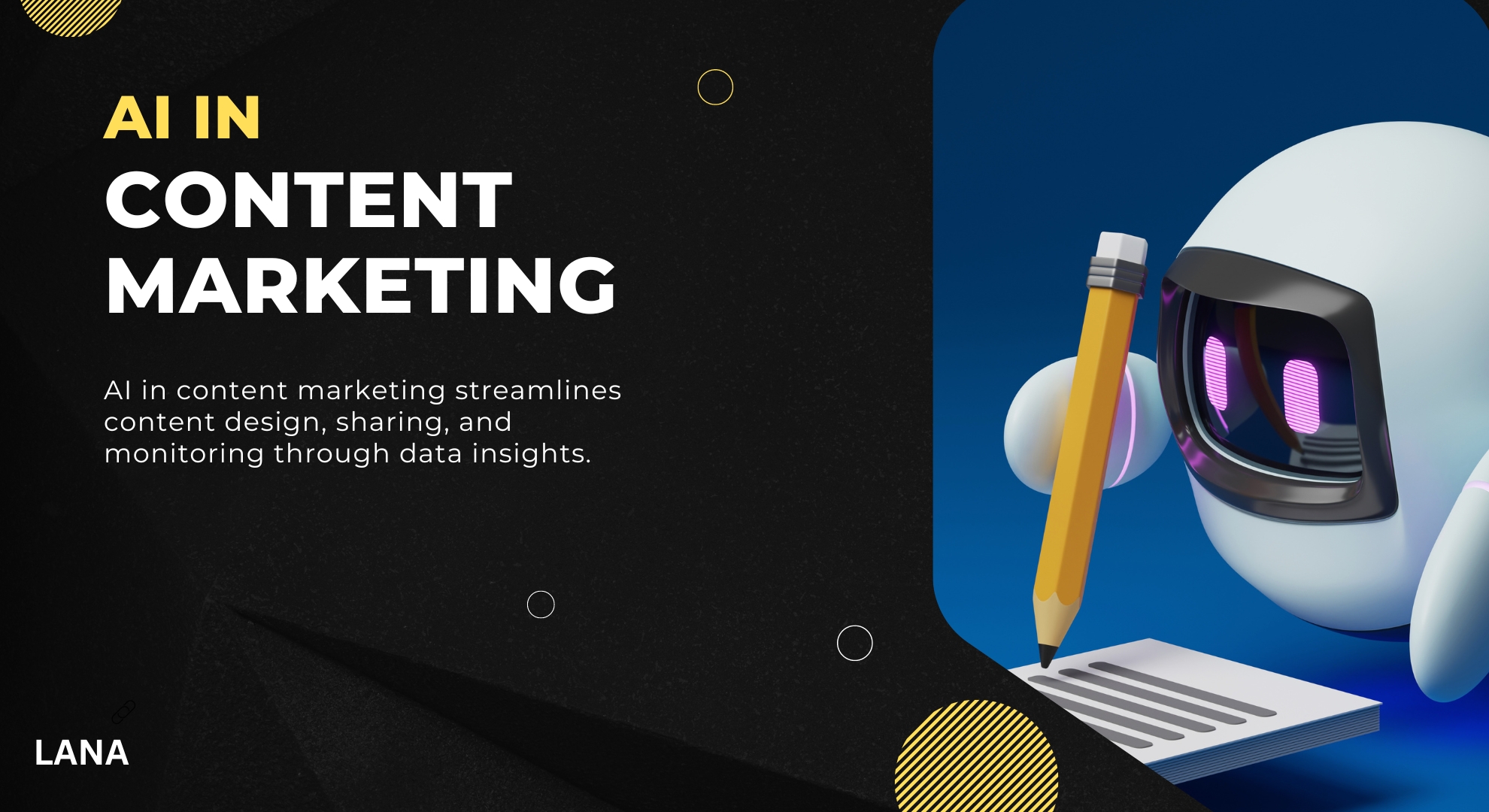
AI in content marketing is a technology designed to automate tasks previously handled by human marketers.
AI can automate all these processes and make content marketing strategies by planning, creating, and publishing content and extracting data insights, like customer behavior, sales, and website visits.
With AI’s assistance, content creation and marketing become more streamlined, enabling marketers to design, share, and monitor their content more easily.
Key Al Content Marketing Stats
- 90% of U.S. consumers appreciate personalized marketing content due to AI-powered tools.
- 79% of content marketing teams observed increased revenue after embracing artificial intelligence.
For many in the industry, these figures need to be experienced. AI has become essential in strengthening the customer experience, making content marketing strategies more data-centric.
Using AI tools, marketers can better understand their competitors and target audiences, tailor social media posts, and enhance content creation processes.
Artificial intelligence simplifies the journey for content marketers, allowing them to create content that resonates more effectively and achieve their objectives more swiftly.
How AI Is Changing Content Marketing?
AI will reshape content marketing by streamlining routine content creation and sharing. AI content creation tools are already aiding content production, curation, and evaluation.
For instance, AI can assist content developers in crafting tailored marketing text or visuals aligned with customer feelings and actions.
AI-generated content tools empower teams to quickly divide vast volumes of user information to spot patterns and derive insights from user conduct.
But, the human touch remains crucial. AI doesn’t create flawless content; its data interpretation doesn’t replace the need for strategic thought and contextual understanding.
In short, AI will help you by
- Making content creation fast and easy
- Evaluating if your content is any good
- Personalizing your marketing to fill more genuine to your audience
- Analyzing user behavior so you can see who best to target
- Bring awareness to problem you did not even know existed before
Ways to Implement AI In Content Marketing
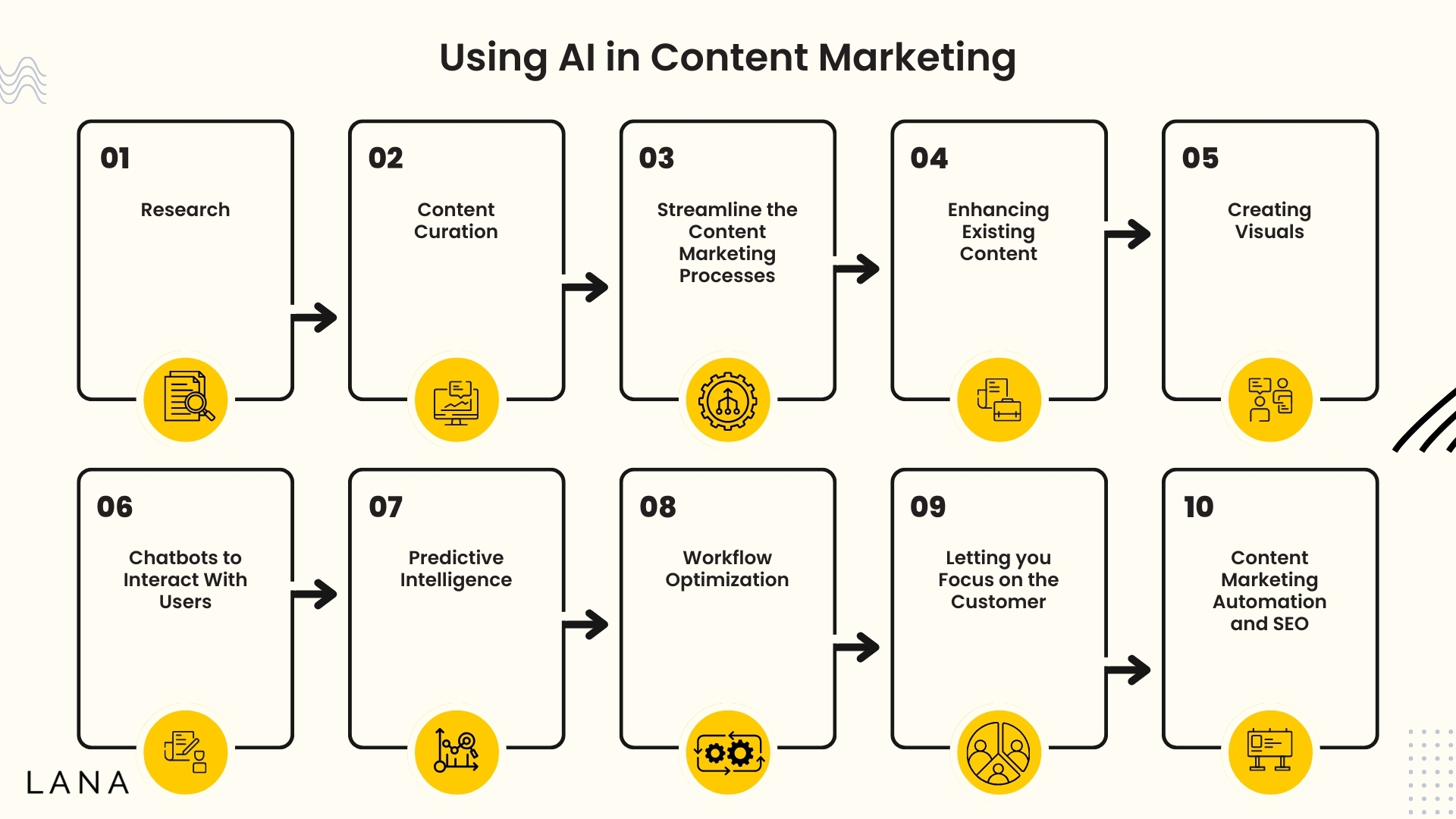
Are you seeking methods through which AI can elevate your content marketing achievements?
Here are 10 practical ways to weave AI into your content marketing strategy immediately.
1. Research
AI is increasingly influential in enhancing our grip on target demographics, as highlighted by a 2023 Gartner study.
The survey indicated that 84% of customer service heads believe customer analytics and data are vital for achieving their current year’s established objectives.
AI tools allow brands to see trends concerning:
- Customer locales
- Demographic details
- Buying patterns
Social media, email, and chatbot conversations are just a few examples of the real-time and archived data used to ground this research.
AI applications can benchmark your brand’s position against industry counterparts.
Such competitor analytics furnish valuable information on the following:
- The offerings of your competition
- Highlighting both their strong points and weaknesses
- The habits of their consumer base.
AI’s virtual listening capabilities introduce a fresh angle to comprehending your audience’s needs and preferences.
2. Content Curation and Creation
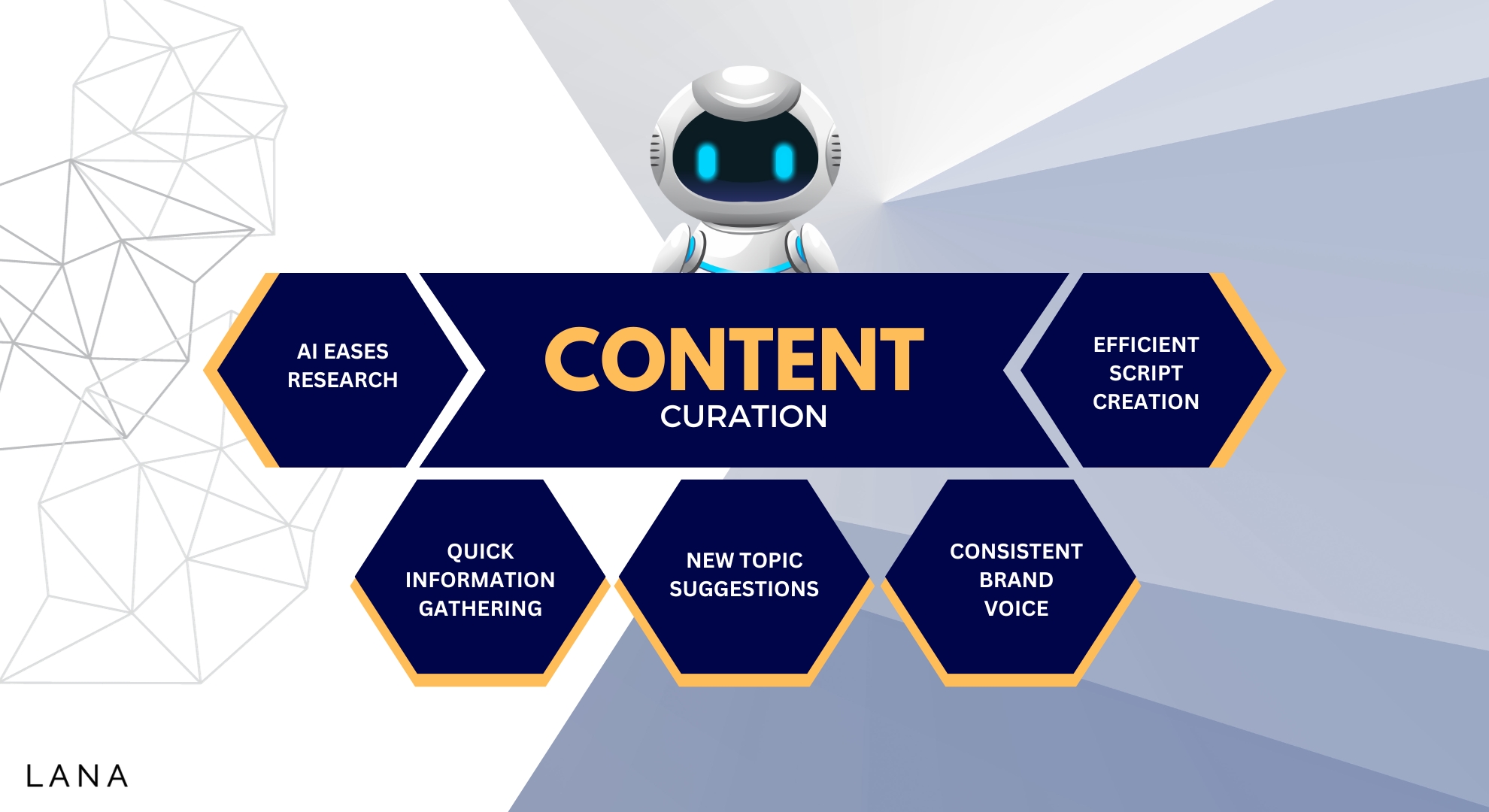
When marketing teams plan their content ideas, they have much to consider. They must look up topics, find information, and check other companies’ words.
Doing detailed research for just one topic can take a lot of time. Then, they have to spend hours creating content around the selected topic.
It’s hard for these teams to see everything happening out there. But with the help of AI, they don’t have to worry.
AI can quickly search and gather information, giving the team more time to work on other things. AI can develop new topic suggestions that the team might have not considered.
For those moving into content creation, AI script generators can be an excellent tool, assisting in creating engaging scripts with ease.
Uniformity of Brand Voice
Another challenge in making content is keeping the same brand sound or style. AI tools are great for this. They help people ensure that their content always sounds like their brand.
They can learn and understand how your brand “talks.” They do this by studying the brand’s style and making new content that matches it.
3. Streamline the Content Marketing Processes
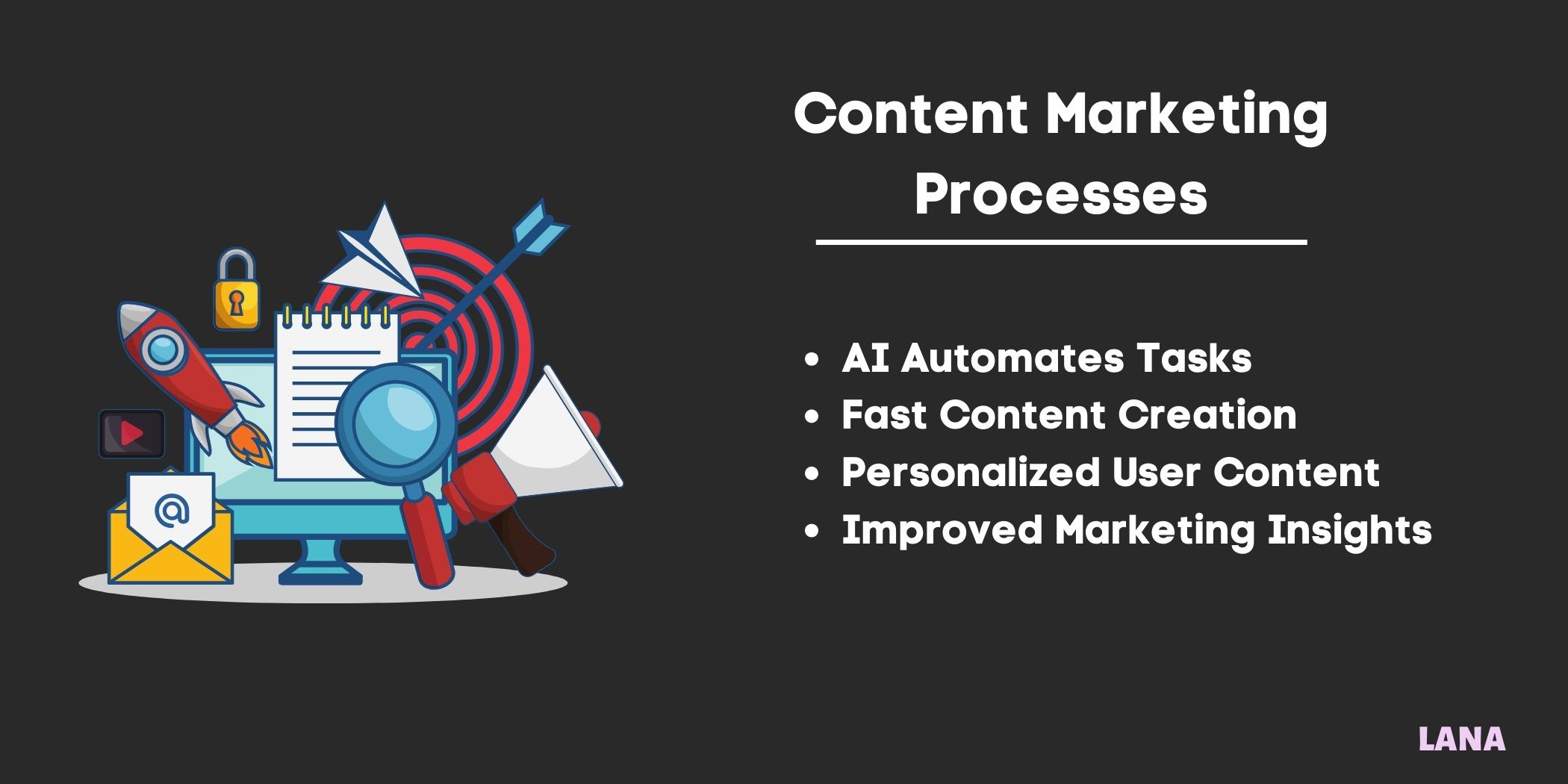
With the help of AI tools, the complex and boring parts of content marketing can be automated. Why not have marketing people focus on the fun and essential content.
For example, an AI content creation tool such as Jasper AI or Writesonic can write content when you tell it what you want, which saves a lot of time compared to doing it by hand.
What I noticed intelligent AI tools can do:
- Pick out the best topics to talk about and generate ideas
- Give tips for better marketing results
- Help make content great for search engines
- Change content based on what users like
- Check how well the content is doing to make future stuff even better
4. Enhancing Existing Content
Generative AI can improve and update old content by giving valuable insights and ideas.
AI models can determine how to improve content like marketing copy, ad creative, and customer messaging by looking at data trends and user feedback.
For example, AI tools like Surfer SEO can help you audit and improve your existing content by using AI to tell you what keyword you need to include or remove.

5. Creating Visuals
Smart AI can create amazing pictures, drawings, and videos.
Marketers can use these AI-generated pictures to tell captivating stories, make attention-grabbing posts on social media, and design beautiful presentations and videos.
Here are some ways AI tools can help in creating visuals for content marketing:
- Video Creation
Videos play a crucial role in content marketing as they can attract people powerfully. AI video generation tools like Pictory AI can be a perfect way to uplift the content marketing game.
You can even use AI tools to edit videos and enhance video quality. Platforms like Topaz AI video enhancer can be best for leveling up your visuals.
- Image Creation
Midjourney and NightCafe AI are excellent real-world examples of AI art tools. They can create super-real-looking images of people, animals, and everyday things.
- Making Presentations
Crafting impressive presentations using AI presentation maker tools like Beautiful AI is a breeze. These presentations can be used in your marketing campaigns.
- Voiceover Generation
AI has revolutionized the way of voiceover creation with the help of AI text-to-speech tools. Platforms like Uberduck AI and Murf AI are the best for generating human-like voiceovers and audio.
Pro tip 🌟: Learn how to Uberduck AI at full capacity and enhance and automate your audio and voiceover creation process.
5. Chatbots to Interact With Users
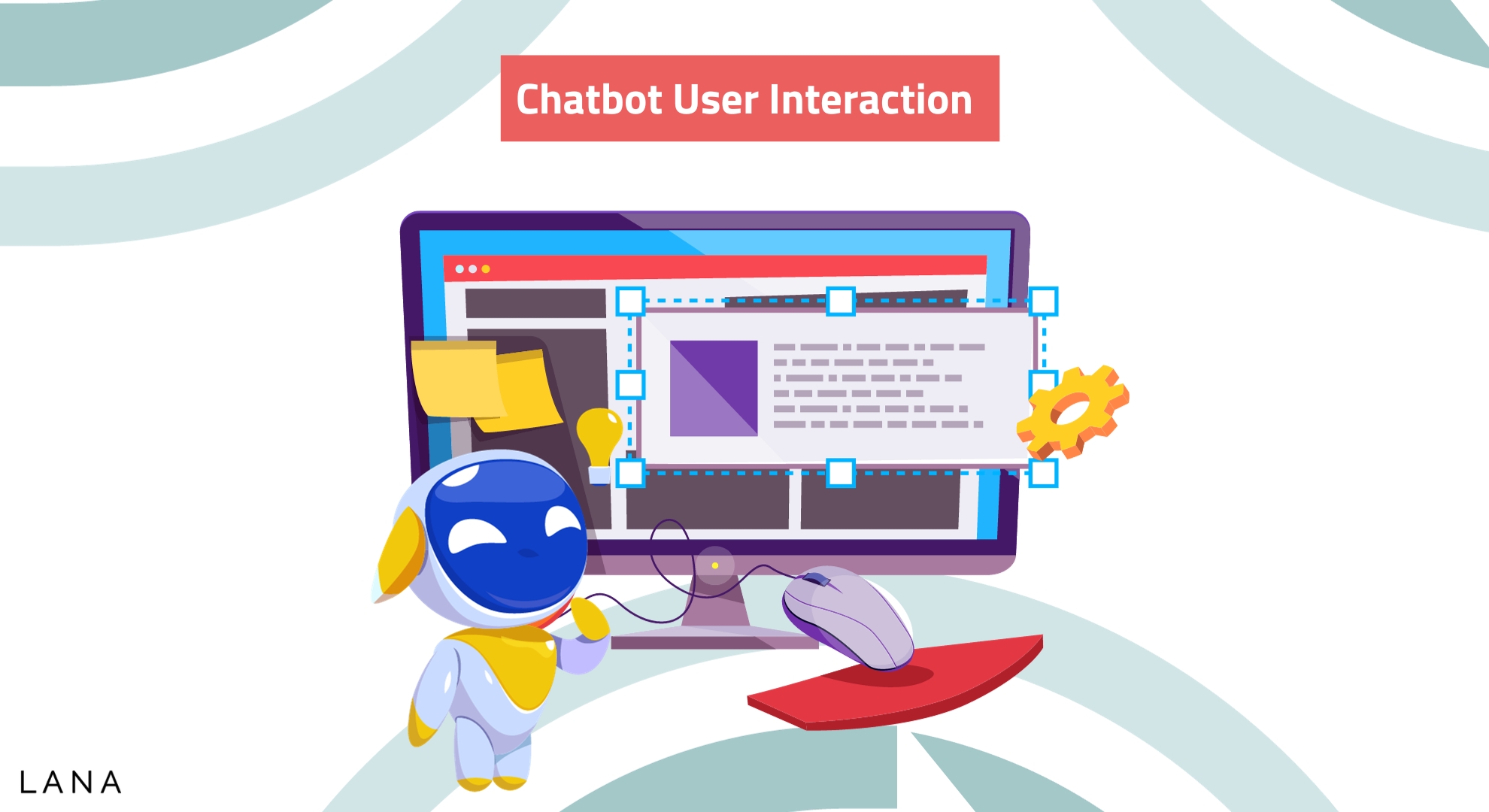
Chatbots are like computer helpers that can talk to people using smart technology.
For example, on Facebook Messenger, chatbots can chat with users, answer questions, and help immediately.
Big companies like Uber and 1-800 Flowers have chatbots on Facebook Messenger. Users can request a car ride or pick flowers without opening the app.
Chatbots can also share special offers only if the user starts the chat. Chatbots make helping customers easier. Instead of filling out a form, users type their questions and get a quick answer.
6. Predictive Intelligence
AI aids companies in figuring out what their clients want to attain. It adapts the content to the preferences of the users.
Predictive data analytics tools help rank potential customers using a points system. This tells businesses which customers might buy something soon.
Businesses can guess what they might want by seeing past customer choices. Knowing where customers are in their shopping process helps businesses offer them the right content.
When businesses see what content works, they can make more of the same kind to get better results.
7. Workflow Optimization
AI tools help content marketing teams make their work smoother and quicker, from making plans to sharing content with others.
With smart features, you can share special content regularly and see how well it’s doing immediately, so you can change your plans quickly if needed.
8. Letting you Focus on the Customer
The use of AI is revolutionary. AI tools speed up the process of content creation, removing the usual struggles with data and analysis.
Thanks to this tech, we can have product descriptions that are clear, catchy, and designed for search engines.
So, while AI works on the basics, marketers can spend more time on big-picture marketing strategies, making their ideas come to life and building stronger customer ties.
This way, AI handles the basic tasks, letting the team focus on what truly matters.
9. Content Marketing Automation and Search Engine Optimization (SEO)
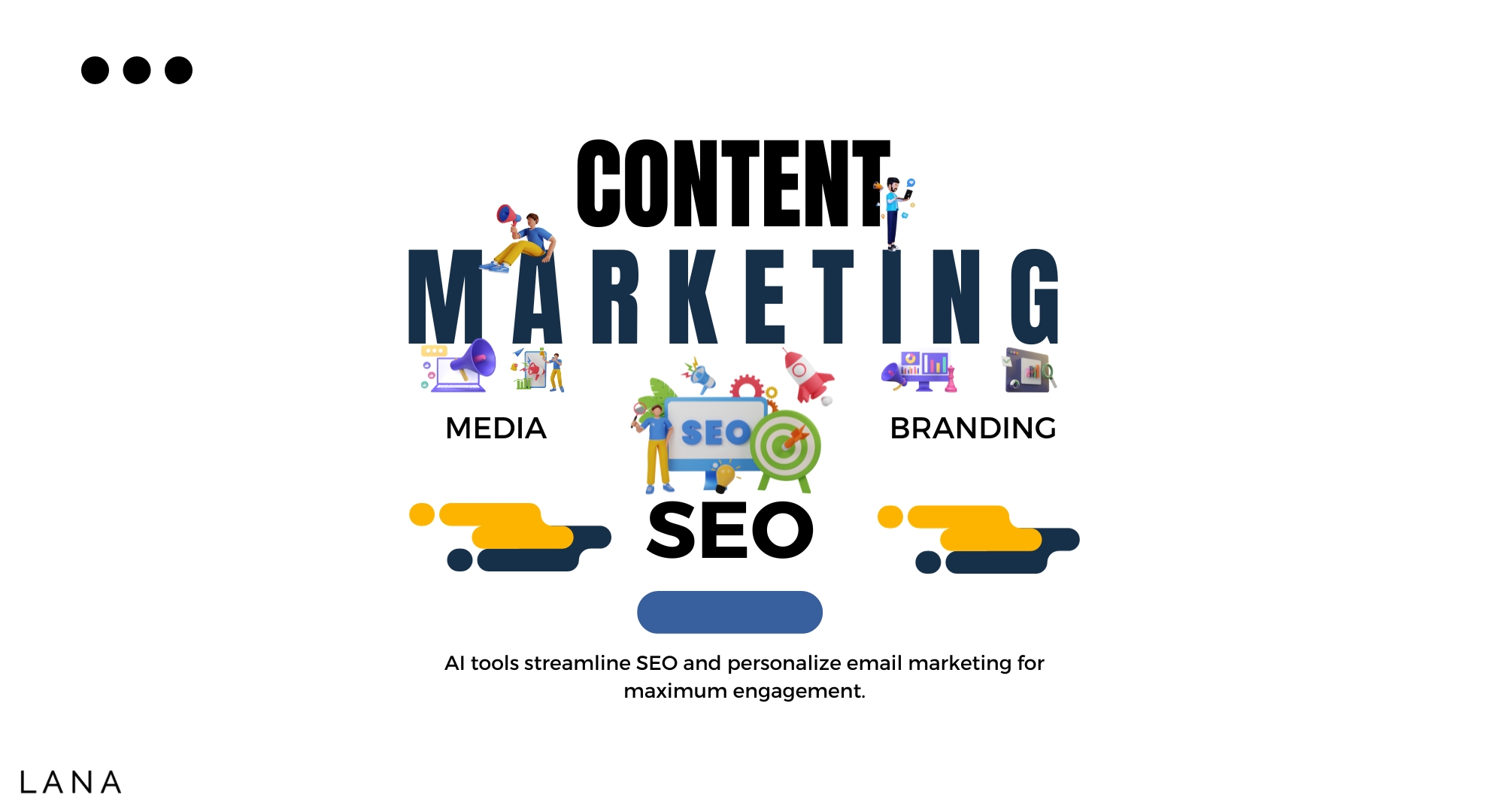
AI tools, especially generative AI, can sort vast amounts of data to identify patterns in what people want and like. This helps businesses find the right SEO keywords and phrases that work online.
These AI SEO tools are super handy for people running or planning to build an AI SEO agency.
They can suggest content ideas, help in keyword research, give ideas for titles, understand what people are looking for, and even help set up the layout for content.
10. Improve Email Marketing
Email is used by almost everyone, making email marketing a big part of reaching people.
Here’s how I use AI email generators that can make your email outreach even better:
- Personalization: AI looks at things like what someone bought before, what they looked at online, and details about them.
- It helps write special emails for each person, with just the right subject and suggestions.
- Segmentation: AI can put people into groups based on where they live, what they like, or what they do. This means sending emails that fit just right for each group.
- Timing: AI can look at when people usually open emails and use that info to decide the best time to send emails. This way, more people might read them.
The AI tool I use for email marketing is Instantly.ai.
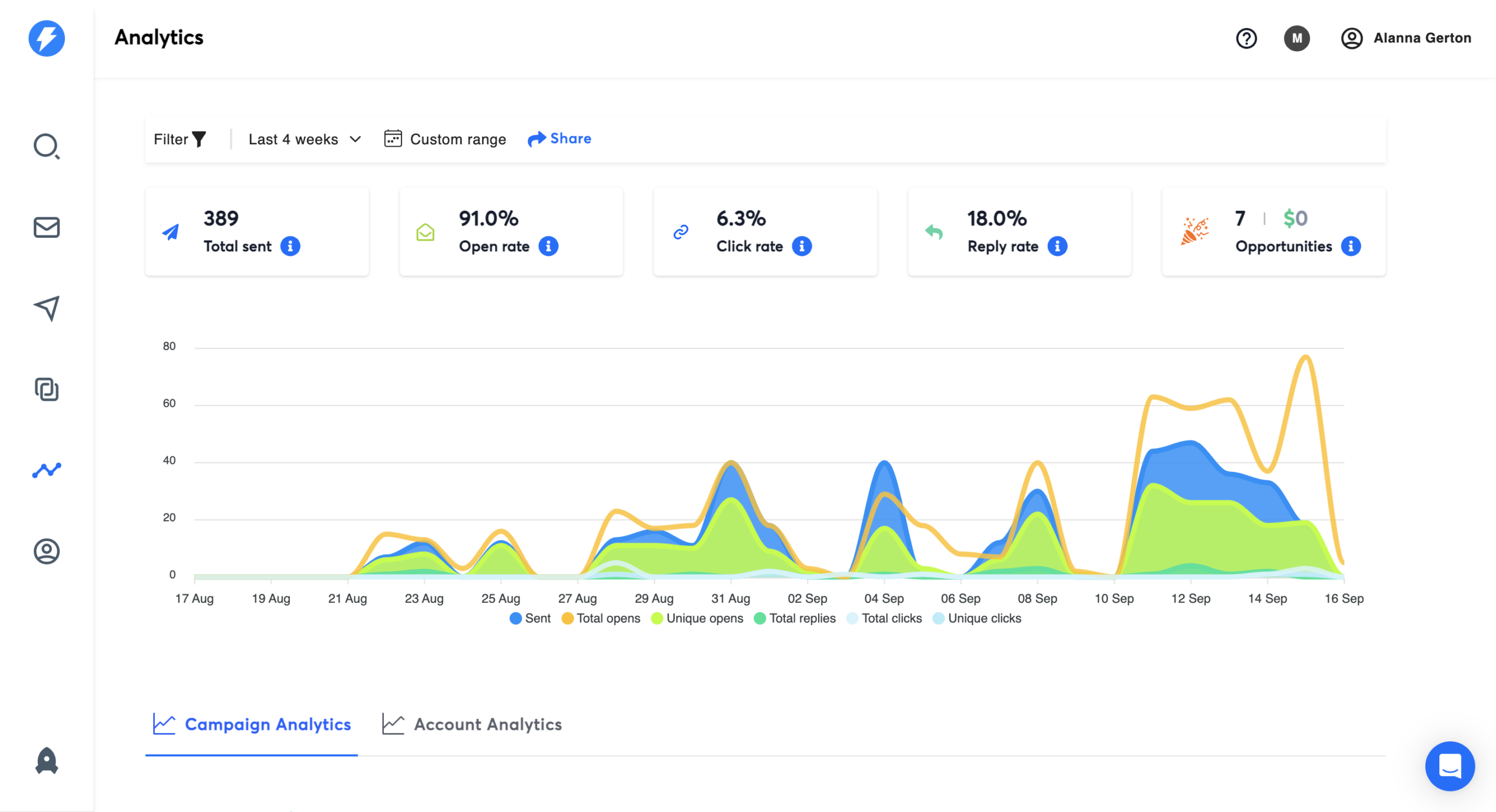
Benefits of AI Content Marketing
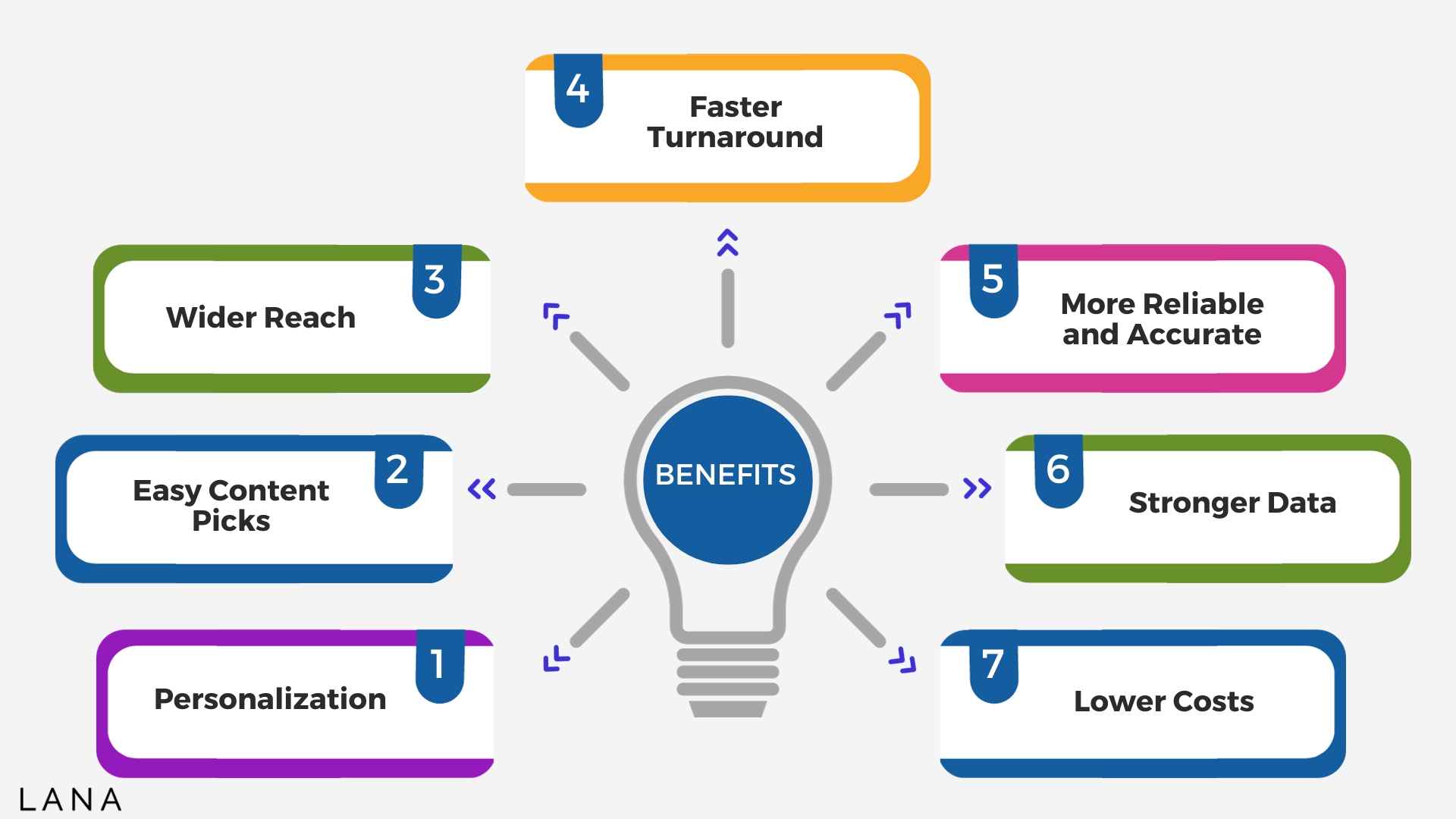
AI in content marketing boosts marketer’s performance and saves time. It enhances the customer’s experience with your brand.
Personalization
Old-style marketing sees all customers alike. Today, we need a fresh way to show customers they’re special to brands.
AI lets companies get to know parts of their audience and collects useful info about each person. With AI’s help, brands can give unique advice and messages, making content more useful for people.
Easy Content Picks
If you thought AI was only about numbers and data, think again. The rise of AI story generators proves that AI can assist in crafting compelling narratives, making content curation a breeze.
One big time-taker for marketers is choosing content. Knowing the latest news and getting updates helps shape our content ideas.
AI speeds up content picking, cutting down the search time. It scans all posts and articles using interests and keywords, delivering the right stuff straight to you.
Wider Reach
With AI tools for handling social media — like setting up posts or finding cool people to team up with — reaching more people is easy.
AI looks at user habits to see which content folks like best. If you use popular social apps to manage stuff, AI’s already helping you.
Faster Turnaround
In the past, writing a blog took marketers about four hours. AI content helpers can generate a 1,000-word piece super fast.
With AI, you can make more content quickly, matching the growing hunger for fresh content.
More Reliable and Accurate
People make mistakes about 1% of the time. AI doesn’t get tired, bored, or upset, making silly mistakes less likely. Using its learning skills, AI checks info based on its knowledge—making it spot-on.
Stronger Data
AI marketing statistics indicate that AI can boost productivity by 40%. Twenty pages of data can be analyzed, and insights generated within minutes.
It allows marketers to comprehend better user behavior, market trends, competitor achievement, and other data-intensive reports.
With this data, you can better tailor your messages to your intended audience.
Lower Costs
Using AI tools for marketing tasks means spending less on people by making them more effective and not hiring out so much.
Also, AI helps make first drafts that need less fixing. This gives editors more free time to be creative and plan things out.
What are the Challenges Content Marketers face with AI Adoption?
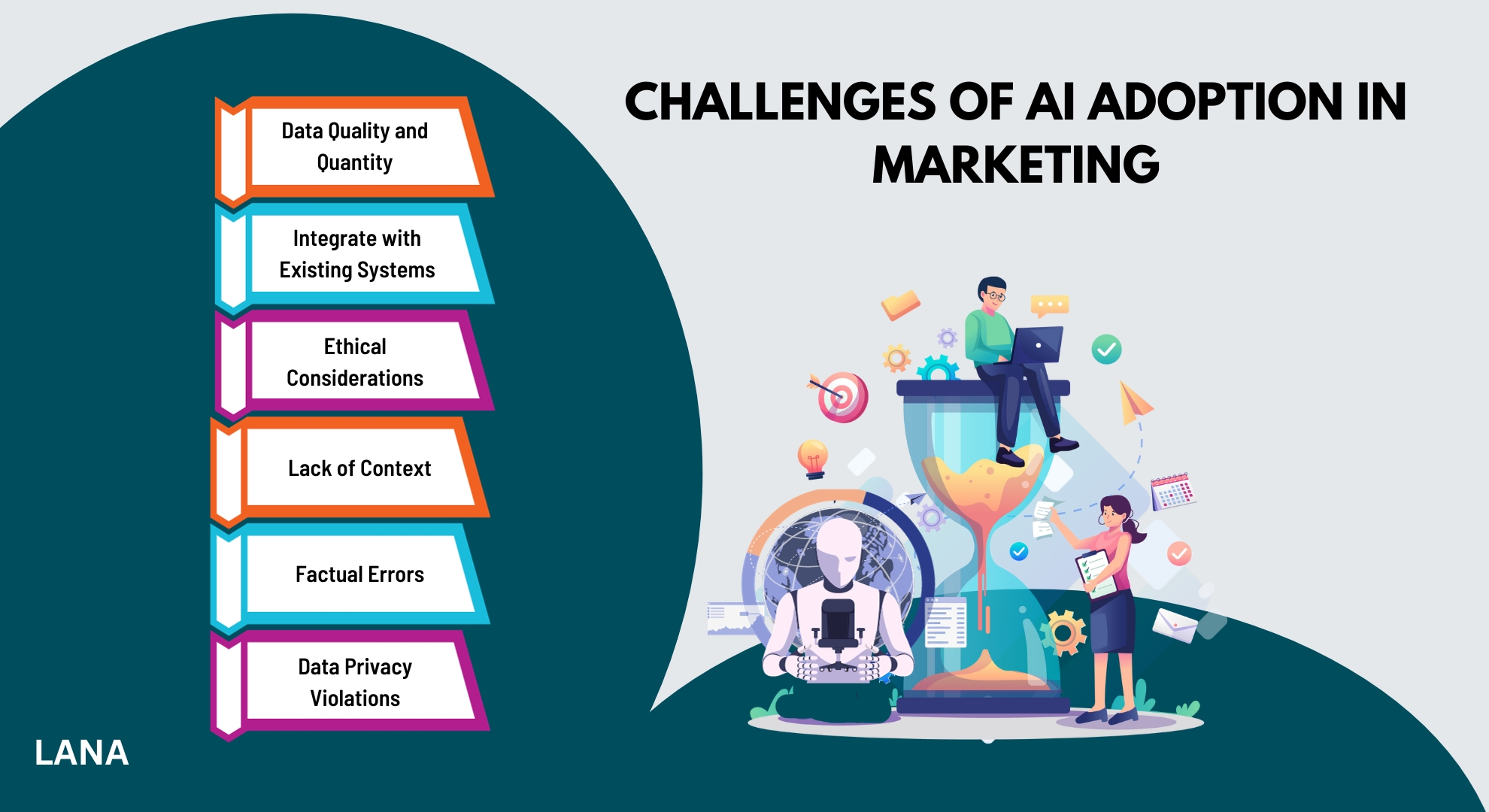
Adopting generative AI in marketing is more complex; it demands high-quality data and poses integration hurdles.
Its application can be difficult because of ethical concerns and the need to comprehend the situation.
Data Quality and Quantity
AI needs tons of top-notch data to work right. Marketers sometimes need help finding enough good data, making AI use tricky.
Integrate with Existing Systems
Putting AI with what’s already there takes work. Marketers need extra content and time to ensure AI fits smoothly into their tools.
Ethical Considerations
Using AI brings up big questions like being fair and keeping secrets safe. Marketers must ensure they do the right thing and follow the rules when using AI.
Lack of context
Many AI tools need to get what’s hot right now or what people like. They might miss out on what’s happening or not get cultural stuff.
AI Tools Can Make Factual Errors
Even smart tools like GPT-3 can get things wrong. Though often correct, they can sometimes spread wrong info and need checking.
Risk of Data Privacy Violations
AI learns from a mountain of info, mostly from the web. This brings up worries about stepping on data rights. Companies should be clear about how they grab and use this info.
Final Thoughts
My approach to tasks has been extremely changed by using AI in content marketing. I recall those early days, scratching my head over which content would resonate with my audience.
Now, with AI tools, it’s like having a crystal ball that gives insights. I’ve personally felt the shift – my content is sharper, more relevant, and guess what? It’s a lot less stressful.
For those wondering if it’s too techy, it’s straightforward. If someone who isn’t a tech expert can harness its power, you can too.
Integrating AI in content marketing isn’t just a trend; it’s the future. And having experienced its perks, I’d say it’s a game we all should be a part of.
Give it a try, and you might be pleasantly surprised!
Frequently Asked Questions
What is Artificial Intelligence?
Artificial intelligence is like teaching computers to think like humans. It uses a bunch of computer rules called algorithms. Machine learning is one type, and deep learning is a kind of machine learning.
How does AI Affect Content Marketing?
AI has changed how we think, make, and share content. It lets us quickly create content, plan, make smarter choices, and connect with our readers better.
How is AI Used in Content Marketing?
You can use AI in content marketing to make your jobs easier and smarter. It helps give readers what they want and lets you create much content without getting tired.
Will AI Take Over Content Marketing?
No, AI won’t do everything in content marketing. It will handle the regular tasks and change how we work, but it can’t think or feel like humans. It just makes our work better and faster.

About The Author
Lana is a full time content creator, blogger, and SEO strategist. She coaches up-and-coming bloggers over at Blog Growth Engine and helps select SaaS startups with their SEO and content strategy. Before starting this blog, Lana was the VP of Engineering at an AI startup and a Data Scientist for over 6 years. She also holds a Bachelor of Science Degree in Statistical Data Science from the University of California, Davis. Follow LanaGerton.com to learn how she blends data-driven approaches and AI technology into her content creation and SEO frameworks.






